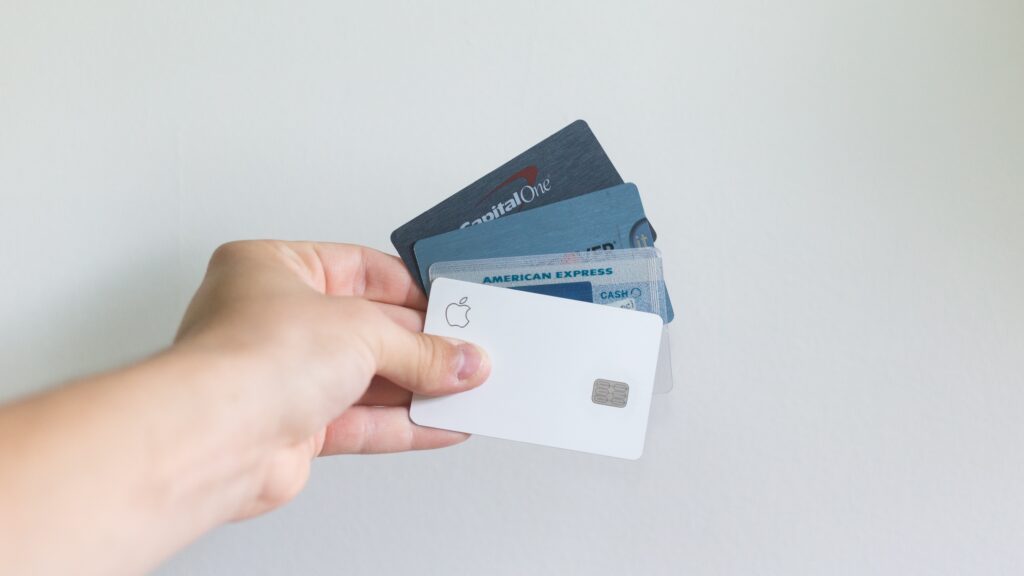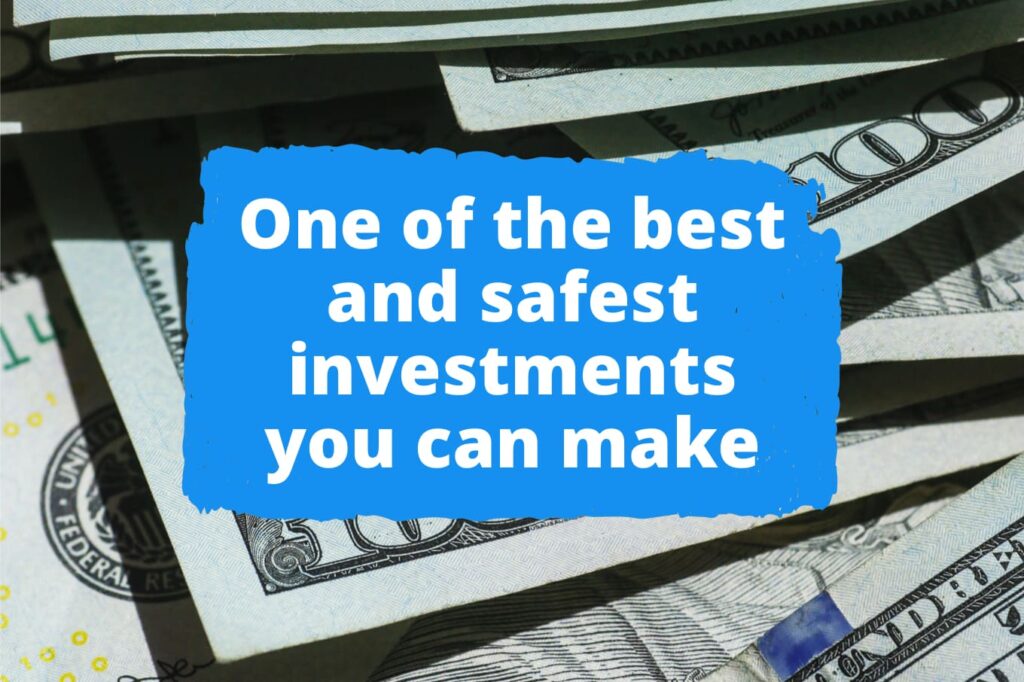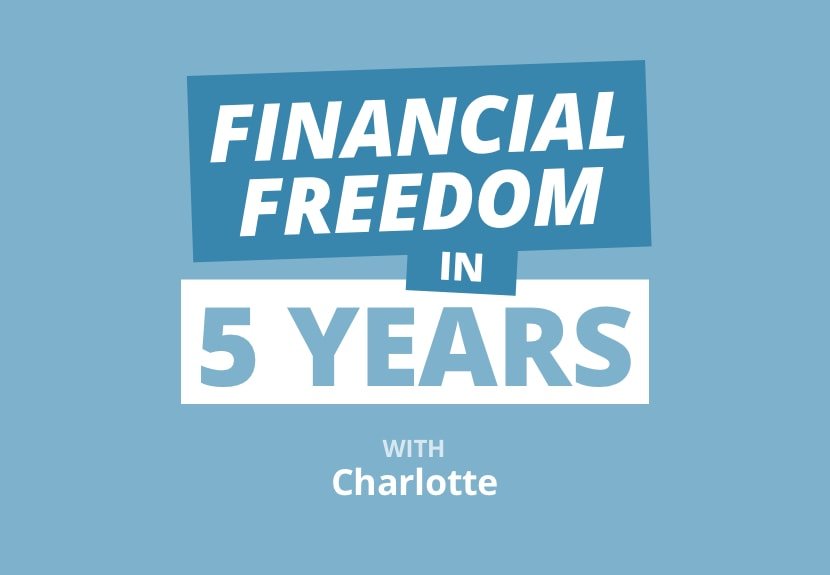
Did you know that the average Canadian owes over $22,000 in consumer debt? This is a huge problem, and it’s only getting worse. In this blog post, we will discuss what consumer debt is, the different types of consumer debt, how to get out of consumer debt, the consequences of not paying off your consumer debt, and how to avoid getting into consumer debt in the first place. We hope that this information will help you make informed decisions about your finances and avoid becoming mired in Consumer Debt Hell!
What is consumer debt?
Consumer debt is defined as any type of debt that is incurred for personal, family, or household purposes. This includes credit card debts, car loans, student loans, and mortgages. The total amount of consumer debt in Canada has been steadily increasing over the past few years, and it’s now at an all-time high. This is also happening in most countries in the world.
Whereas consumer debts can be used to sort out necessary expenses, a significant portion is actually used for unnecessary expenses, leading to high-stress levels.
What are the different types of consumer debt?
– Credit card debt:
This is probably the most common type of consumer debt. It occurs when you borrow money from a lender (usually a bank) using your credit card. The interest rates on credit cards can be quite high, so it’s important to try to pay off your balance as quickly as possible.
If well-managed, credit card debt can be quite affordable. All you need to do is pay 100% of that month’s bill and avoid any interest charge. This is because the card has an interest-free period.
– Car loan debt:
A car loan is a type of secured debt. This means that the lender can take your car if you don’t make your payments. The interest rates on car loans are usually quite low, but it’s important to remember that you will still have to make monthly payments even if you lose your job or experience other financial difficulties.
This type of consumer debt allows you to use the car as you make regular loan installments. Without this type of facility, very few people would afford to buy cars.
– Student loan debt:
Student loan debt is becoming a bigger and bigger problem in Canada. The average student graduate now owes over $27,000 in student loans! In the US, the situation is the same. It’s important to be aware of the different types of student loans available (government vs private) and the interest rates associated with each one.
Very few families can afford college fees, necessitating student loans.
– Mortgage debt:
A mortgage is probably the biggest purchase most people will ever make. Mortgage loans usually have a long period of repayment. Initially, the outstanding reduces very slowly because most of the money goes towards interest payments. It’s important to shop around for the best mortgage rates and to understand all the different terms and conditions involved in getting a mortgage.
Very few people can afford to buy a house from their savings. This makes mortgage loans very important to people seeking to own a house.
How do you get out of consumer debt?
We have mentioned that debt can be used to pay for necessary expenses or to acquire assets. But debt can be stressful. That is why it is advisable to move away from debt. There are several steps you can take to get out of consumer debt:
– Make a budget and stick to it!
This is probably the most important step. When you know exactly how much money you have coming in and going out, it’s much easier to figure out how to allocate your funds properly. The challenge here is starting. If you form the habit of making a budget and sticking to it, you will slowly appreciate the results.
– Cut back on unnecessary expenses:
There are probably quite a few things you can cut back on without too much difficulty. Try canceling your cable subscription, eating at home more often, or driving less. Most people fail to sit back and list those expenses that are really necessary and sticking to only those.
– Sell some assets:
It is advisable to take stock of the assets you have. You will be surprised to discover that there are assets that you don’t remember about. Other assets are just nice to have. That boat that you use twice a year, for example. These assets are good for disposal to generate some extra cash to pay off your debt.
– Get a second job(or side hustle):
If you’re really serious about getting out of debt, then consider getting a second job. This may not be the most fun thing in the world, but it will definitely help you reach your goal faster. There are also many online jobs that you do from the comfort of your home.
– Seek professional help:
If you feel like you’re struggling to manage your debt on your own, then it might be time to seek professional help. There are several companies (such as MNP Debt) that offer free consultations and can help you create a plan to become debt-free.
What are the consequences of not paying off your consumer debt?
If you don’t pay off your consumer debt, there are several consequences that can occur:
– You could end up with a bad credit score:
A bad credit score can make it difficult (or impossible) to get approved for a loan or a mortgage. It can also lead to higher interest rates on any future loans you take out.
– You could be sued by your lender:
If you stop making payments on your debt, your lender could sue you in order to recoup their losses. This could result in wage garnishment or even bankruptcy.
– You could lose your possessions:
If you don’t make your car loan payments, the lender could take your car away from you. The same is true for any other type of secured debt.
-Your health can be affected
Debt causes stress. According to the American Institute of Stress, stress can leave us anxious, tearful, and struggling to sleep initially. But over time, continuously feeling frazzled could trigger heart attacks, strokes, and even suicidal thoughts.
How can you avoid getting into consumer debt in the first place?
There are several things you can do to avoid getting into consumer debt:
– Stay disciplined with your spending:
t’s important to be aware of how much money you have coming in and going out each month. When you’re disciplined with your spending, it’s much less likely that you’ll end up in debt.
– Don’t borrow more than you can afford to pay back:
This is a rule that should be followed no matter what type of loan you’re considering. Borrowing more than you can afford will only lead to bigger problems down the road.
– Shop around for the best interest rates:
When you’re taking out a loan, it’s important to compare the interest rates offered by different lenders. This can save you a lot of money in the long run.
– Don’t use credit cards for everyday expenses:
It’s easy to get into trouble with credit cards if you’re not careful. Try only using your credit card for emergencies or for large purchases that you can afford to pay off over time.
What are the alternatives to taking on consumer debt?
There are several alternatives to taking on consumer debt:
– Save up for big purchases:
If you can save up enough money, it might be better to buy something outright rather than take out a loan. This way, you won’t have to worry about paying back any debts and you’ll be able to keep your credit score intact.
– Use a line of credit:
A line of credit can be a helpful tool if you need to borrow money for a short period of time. This type of loan doesn’t require you to apply for a new loan every time you need money, which can save you some time and hassle.
– Get creative with your financing:
You could ask family or friends for help, or use a home equity loan if you have enough equity in your home. Other considerations include crowdfunding or grants.
You can also read about The Biggest Threat To Retirement Plans Today
We hope you’ve learned a lot about how to get out of debt and what the consequences are if you don’t. As always, we want to leave with some actionable takeaways that will help keep your finances in order. These include taking on less consumer debt, avoiding it altogether by making investments, or finding ways to make more money so that there is enough left over after paying for necessities like housing and food. No matter which strategy works best for you, just remember that being proactive about your personal financial situation can significantly change your life!
Please subscribe below to stay up-to-date with our blog posts as well as other financial wellness news from around the web!



